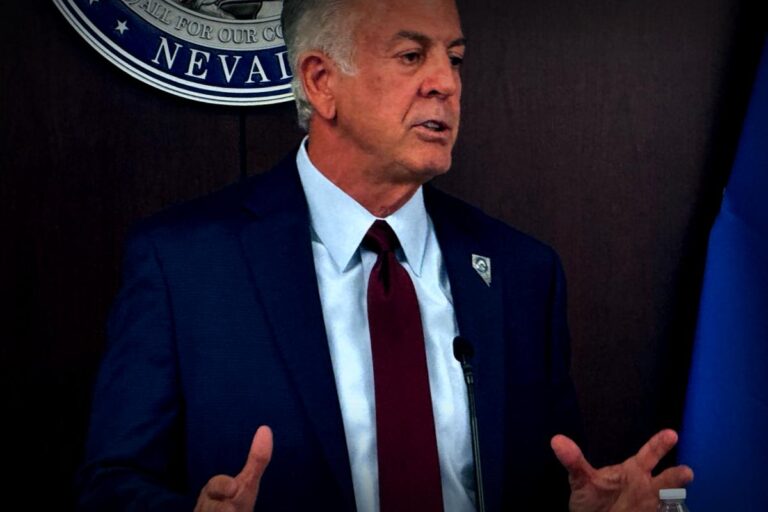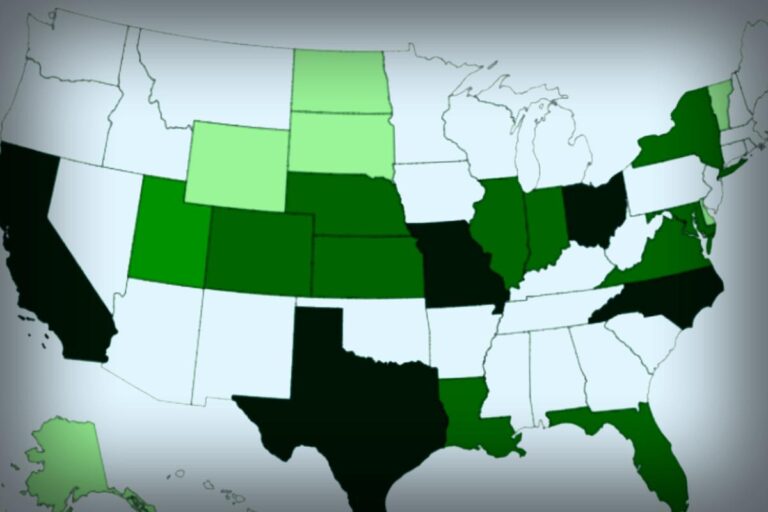So, it turns out the latest bill aimed at ending the long government shutdown has added fuel to the fire among Republicans, and it’s not pretty.
This last-minute adjustment pushed by Senate Majority Leader John Thune allows senators to take legal action against the federal government—up to $500,000—due to searches of their phone records that are associated with the investigation into January 6.
Why This Is a Big Deal
We’re looking at some serious fallout from this new provision. It digs deep into the ongoing political tensions and reveals just how divided Congress is right now. Instead of mending fences as the government starts running again, this addition has stirred up even more conflict, making it easier for Democrats to accuse Republicans of self-serving behavior.
Concern is simmering over how this will affect future budget talks, especially since lawmakers are already under a microscope for their handling of the shutdown.
Key Points to Note
Just last month, some GOP members revealed an FBI document that showed phone records of eight senators were subpoenaed: Lindsey Graham, Bill Hagerty, Josh Hawley, Dan Sullivan, Tommy Tuberville, Ron Johnson, Cynthia Lummis, and Marsha Blackburn. There was also a House member involved, all related to communications around the Capitol riot incident on January 6, 2021.
This amendment empowers Republican senators to sue the government over moves linked to the ongoing investigation led by special counsel Jack Smith regarding efforts to overturn the 2020 election results. Plus, it mandates that phone and internet providers notify Senate offices if a federal request for their data pops up—unless that senator is actually facing criminal charges.
What’s more, lawmakers can now seek compensation if their information was accessed without proper oversight since January 2022. This means that if the FBI accessed any senator’s records in 2023, they can hit that legal button.
One of the senators affected, Blackburn, stated through a spokesperson that she is looking to file a lawsuit. According to her, “I intend to pursue those responsible for this political witch hunt, and I will keep pushing back against bureaucrats breaching the rights of conservative citizens.”
On the flip side, Johnson indicated to Newsweek that he has no interest in taking legal action at the moment, although he believes the government has been weaponized by past administrations. He doesn’t think suing is necessary when they have cooperation from the Trump DOJ and FBI during congressional investigations.
The other senators have stayed mum on whether they’ll press charges or not. But there’s been a notable backlash, not just from Democrats but also from fellow Republicans who argue this law sets up a separate set of rules just for a handful of individuals.
House Speaker Mike Johnson is among those GOP members who don’t support this new clause. He told reporters that it wasn’t a wise move.

Some GOP representatives, like Lauren Boebert and Anna Paulina Luna, also voiced their disappointment regarding this provision.
Boebert stands firm on voting against this policy, sharing on social media that it’s absurd for these eight senators to use taxpayer money to sue the Department of Justice. And Luna echoed her concerns, questioning how this could slip into the funding bill unnoticed. “We cannot just stand by while the government shutdown is used to benefit lawmakers like this!”
Jim Jordan, Chair of the House Judiciary Committee, put it bluntly: laws should be passed for the American people, not just for a select few.
Democrats slammed their Senate counterparts for slipping this clause into the bill without any real discussion or engagement from committee members. Senator Martin Heinrich called out colleagues for their last-minute tactics that completely negate Senate oversight.
While attempts to challenge the amendment were made via a proposal in the House Rules Committee, they didn’t go through due to fears it would have dragged out the ongoing government shutdown, which has already lasted a grim 43 days—the longest in U.S. history.
During discussions, Representative Austin Scott shared that he personally agrees the provision should get the boot but pointed out the backtracking that would cause returning to the Senate for edits.
Despite differing views, the bill eventually cleared the House of Representatives, finally putting an end to the extended shutdown. Interestingly, six Democrats crossed over to vote with the Republicans.
What’s Next?
The approved legislation will keep the government funded until January 30.


















